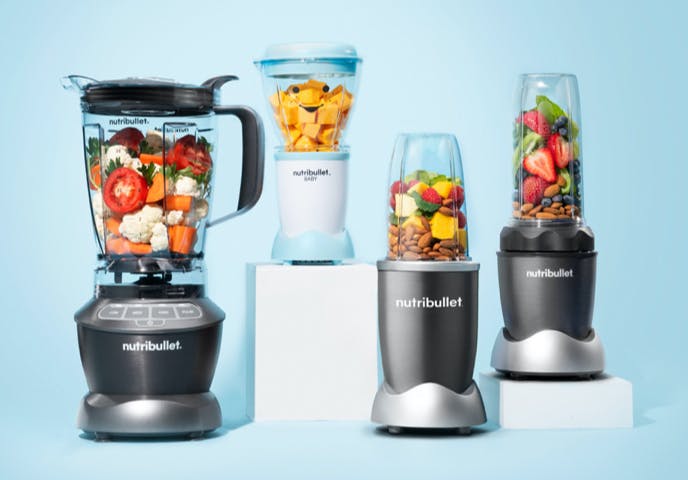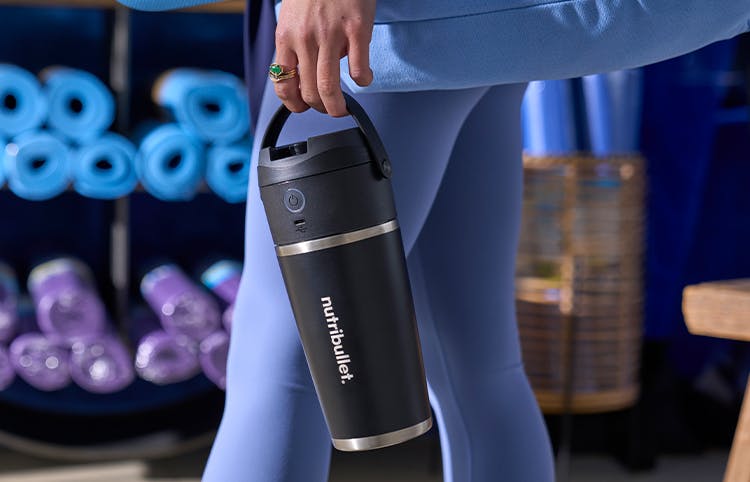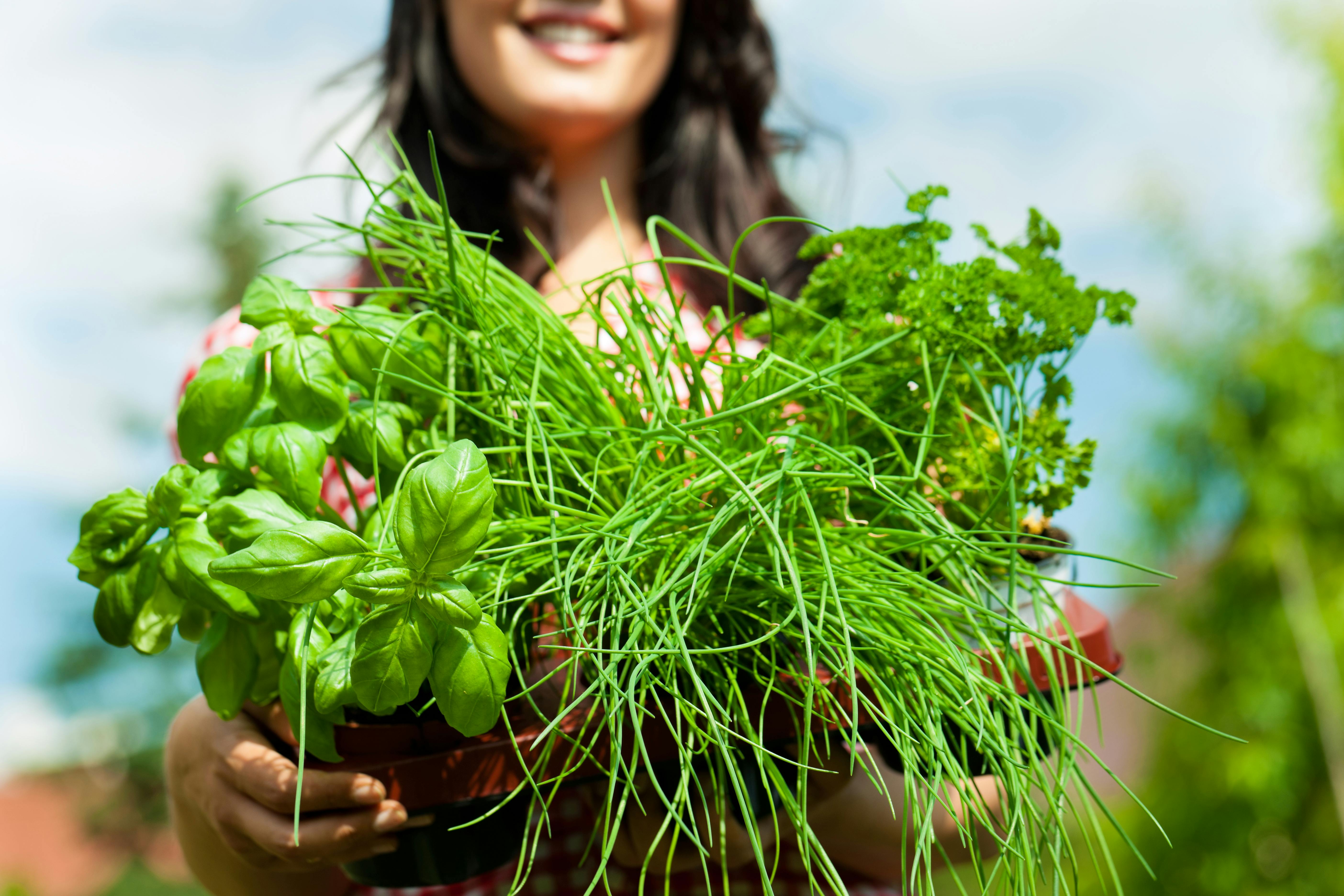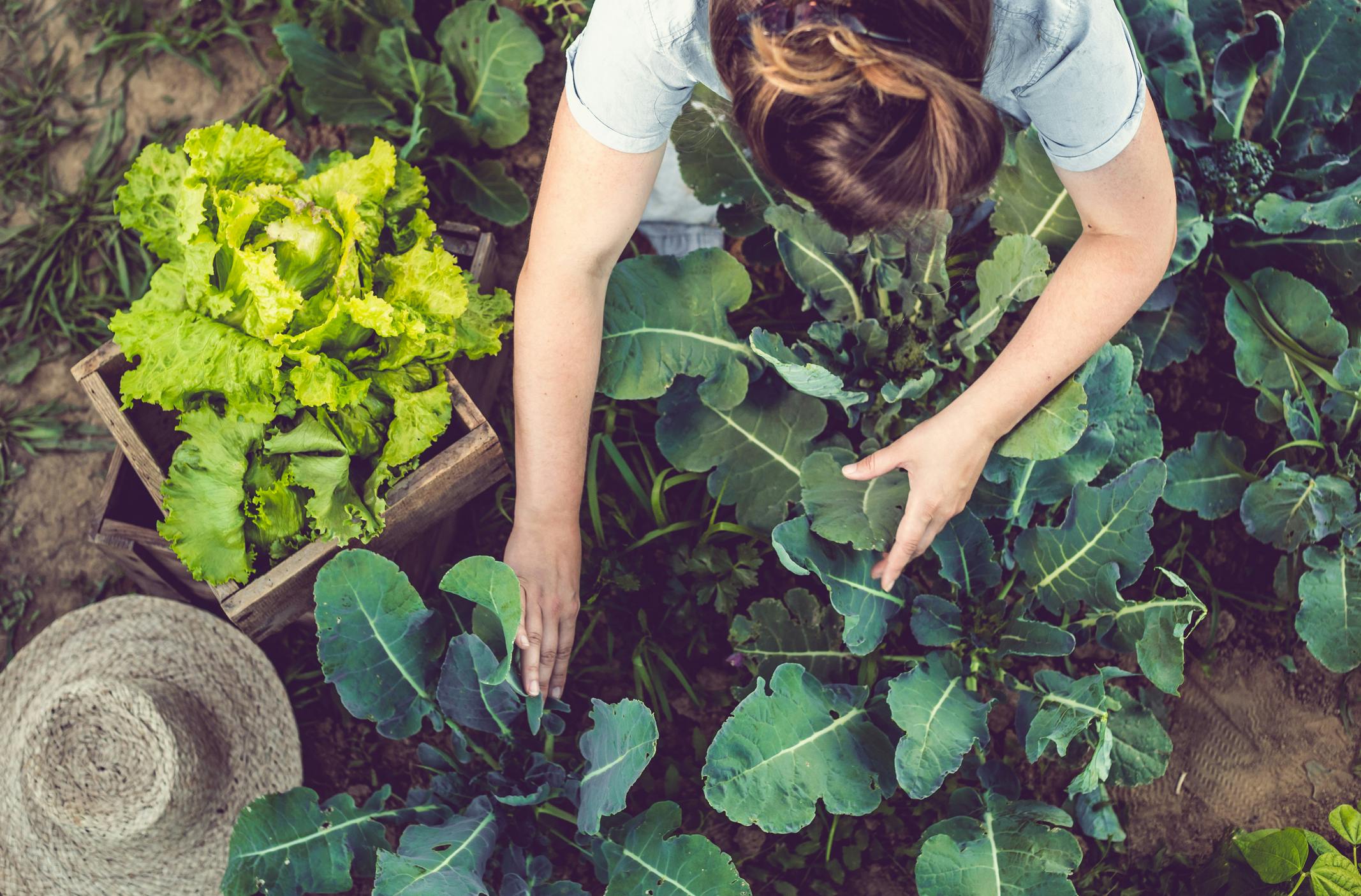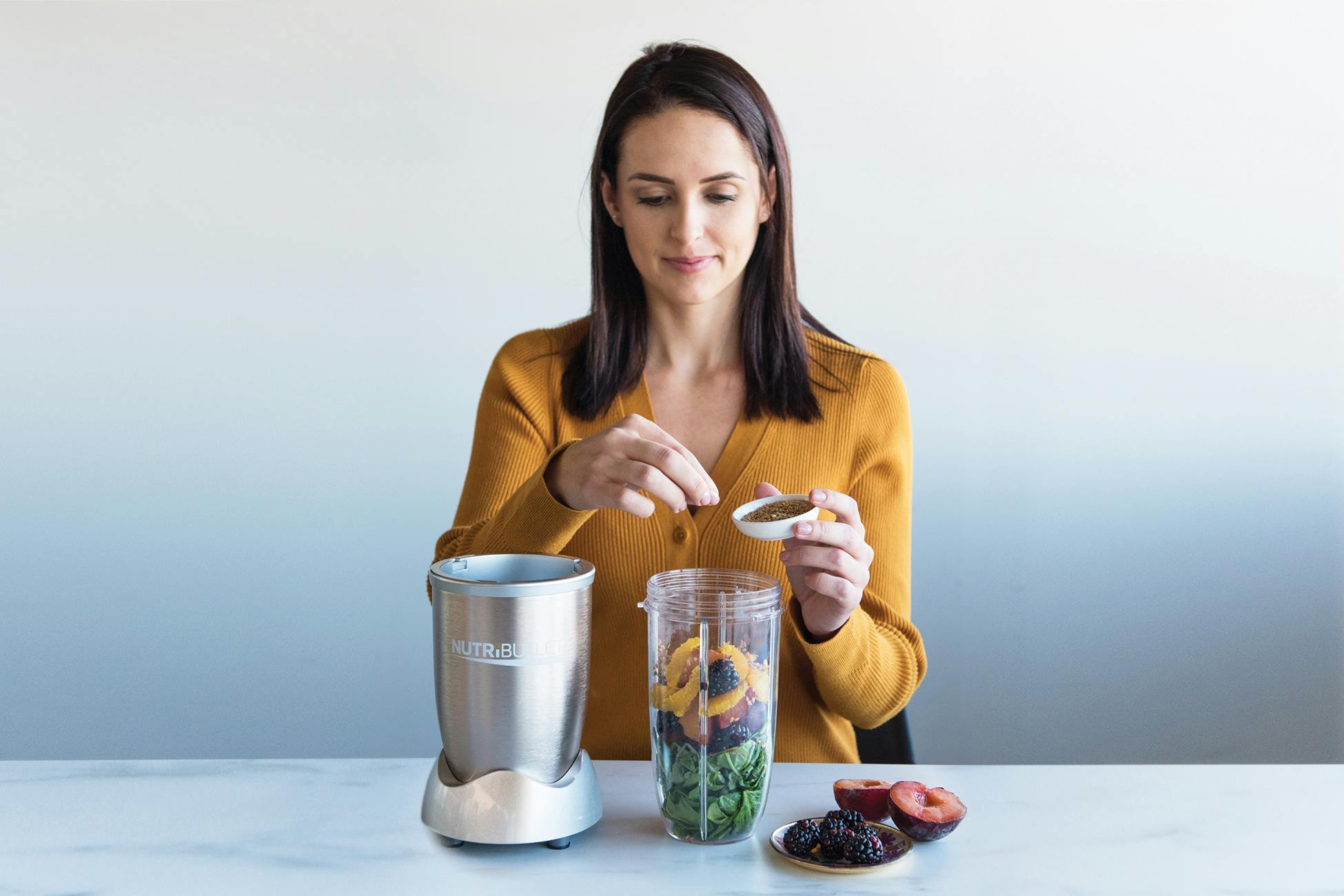Think composting is only for gardeners? Think again! Composting is actually a super easy and efficient way to reduce waste and give back to the earth that anyone can do.
Every day in America, we waste enough food to fill a 90,000-seat football stadium. This incomprehensible amount of waste translates to over 260 million tons per year! Composting – recycling organic matter like fruit and vegetable peels, eggshells, coffee grounds, dried leaves and more into nutrient-rich fertilizer – is a great way to significantly offset landfill waste contributions. Not only does it help to create healthy soil, but it also helps us reduce our carbon footprint!
While you may have heard some rumors that composting attracts bugs or gives off an unpleasant odor, learning the basic dos and don’ts will help you avoid any icky outcomes. Follow these easy tips to get your compost off on the right track.
Tips adapted from the Environmental Protection Agency.
First, know your “browns” from your “greens.”
“Brown” compost refers to dry, long-dead materials like dry leaves, straw, wood chips, brown paper goods, and twigs. “Green” compost refers to materials that contain moisture – fruit and veggie scraps, grass and hedge clippings, coffee grounds and teabags, etc. A healthy compost pile should contain an even balance of both green and brown matter. This will keep your compost pH-balanced as it decomposes, resulting in healthier (and less stinky/buggy) fertilizer for your plants.
Second, get the right bins.
We recommend a small bin to keep in your kitchen to collect “green” kitchen waste and a larger outdoor bin to gather predominantly “brown” yard waste. Your actual compost bin – where green and brown meet and decompose – can be top-loading (open or closed) or rotating. It’s best to position this bin in a shady area in a far corner of your outdoor space.
If you don’t have a yard or a place to build your own compost bin, don’t despair. Your compostable waste is usually welcome in a few places:
- Green bin – Depending on the city you live in, many waste collectors are happy to take your food waste in these bins. Instead of creating an outdoor pile, collecting your kitchen scraps and toss them in the green bin instead of your trashcan. You can easily check with your local city collector.
- A neighbor’s garden – If you have a neighbor with a compost bin, they might be happy to take your contributions.
- Community gardens – Many communities have local gardens that support locally grown food or school gardens that have composting programs. This is a great way to support your local community by donating your scraps to their compost pile.
Third, know what to add.
When it comes to kitchen scraps, not everything is compostable. Here’s a general idea of what should and shouldn’t be added to your compost bin.

Fourth, maintain your pile.
Heat is a major factor in the composting process. For the best results, measure the temperature of your compost. When the mixture reaches 80-90 degrees F, stop adding green materials completely, and limit the amount of brown. It’s also important to “turn” or mix your compost periodically to ensure materials are evenly distributed throughout the process. UCSB published this great article, which goes into more detail about compost maintenance.
And finally – reduce food waste as much as you can.
This is the number one way to lower your environmental impact. It also creates an opportunity to try new dishes that make use of the whole fruit or vegetable. When we’re cooking, we might have learned to peel our vegetables or chop off stems. However, these peels and stems are rich in fiber and nutrients, just like the foods we’re making.
Try these easy recipes that help combat food waste.
Strawberry Chia Summer Smoothie
Food saver tip: Throw the whole strawberry in with the tops.
Carrot Turmeric Ginger Smoothie
Food saver tip: Keep the peels on the carrots for an extra boost of fiber and antioxidants.
Spinach Avocado Pesto
Food saver tip: Instead of throwing away your carrot tops, turn these nutrient-packed greens into a delicious pesto! Simply swap out the parsley, and you won’t even know the difference.
No matter where you live, there’s a greener solution for your food waste. Give it a try with these tasty recipes!










